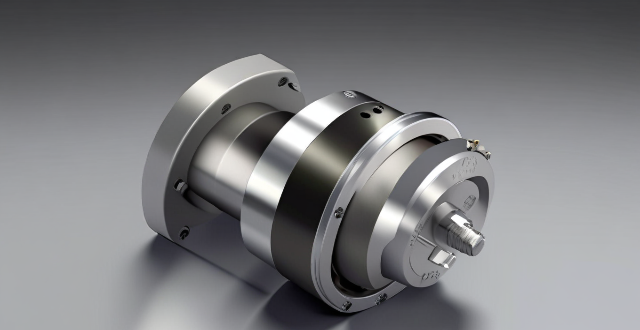Permanent magnet motors (PMMs) have several advantages over other types of electric motors, including high efficiency, low maintenance requirements, high torque density, wide speed range, and quiet operation. These advantages make PMMs ideal for a variety of applications, from small appliances to industrial machinery.

Advantages of Permanent Magnet Motors
Permanent magnet motors (PMMs) have several advantages over other types of electric motors, including:
High Efficiency
One of the main advantages of PMMs is their high efficiency. This is because they have fewer losses than other types of motors, such as induction motors or DC motors. The permanent magnets in PMMs create a constant magnetic field that interacts with the rotor, which reduces the need for additional energy to maintain the magnetic field. As a result, PMMs can operate at higher speeds and with less heat generation than other types of motors.
Low Maintenance
Another advantage of PMMs is their low maintenance requirements. Unlike brushed DC motors, which require regular brush replacement, PMMs do not have any brushes or commutators that can wear out over time. This means that PMMs can operate for longer periods without needing maintenance or repairs.
High Torque Density
PMMs also have a high torque density, which means that they can produce more torque per unit volume than other types of motors. This makes them ideal for applications where space is limited, such as in electric vehicles or robotics.
Wide Speed Range
PMMs have a wide speed range, which means that they can operate effectively at both low and high speeds. This makes them suitable for a variety of applications, from small appliances to industrial machinery.
Quiet Operation
Finally, PMMs are known for their quiet operation. Because they do not have any brushes or commutators, there is no noise generated by these components during operation. This makes PMMs ideal for applications where noise levels need to be kept to a minimum, such as in medical equipment or home appliances.